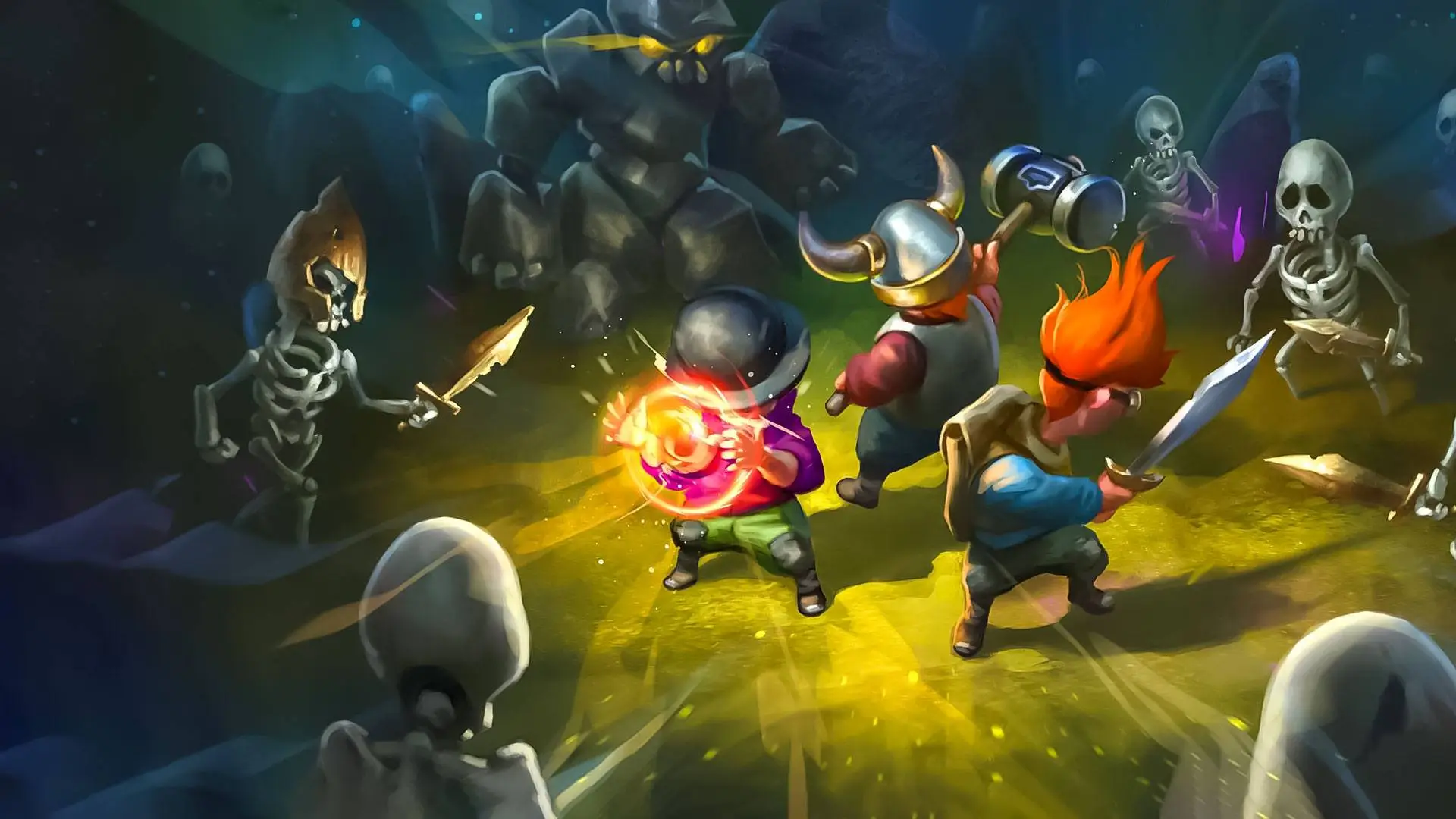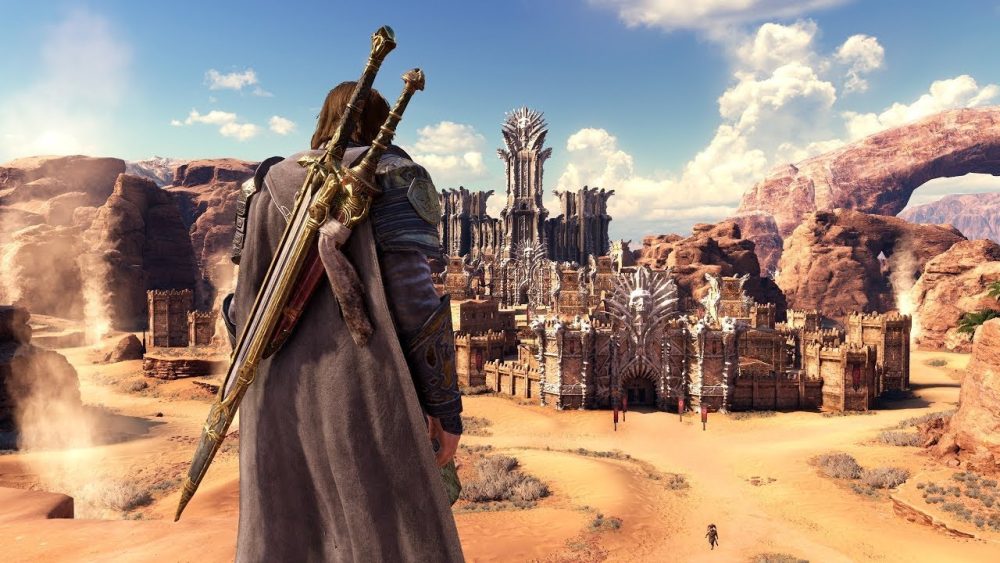Debates around digital entertainment have been ongoing for decades. However, with the development of neuroscience, cognitive psychology, and visualization technologies, it has become possible to move from speculation to facts. The question of “how video games affect the brain” is being studied by the world’s leading universities, and the conclusions are becoming increasingly unexpected. Today, gaming is considered not only as a form of leisure but also as a powerful tool for developing cognitive and emotional functions.
The Impact of Gaming on Memory and Attention: Unobvious Effects
Games require constant concentration, information processing, and instant response. This creates unique conditions for training attention and memory. According to research from Stanford and Oxford universities, regular play of action and strategy games increases task-switching speed and expands working memory.

Unlike passive information consumption, gaming requires active engagement, stimulating the prefrontal cortex and hippocampus — areas responsible for short-term data storage and decision-making.
The question of how video games affect the brain is increasingly being answered from a positive perspective by science. The benefits manifest in everyday life: it becomes easier to retain lists, comprehend speech faster, and navigate space more confidently. Games train attention, memory, and reaction, making intelligence more adaptive to modern challenges.
Improving Problem-Solving Skills
Game mechanics are built on the necessity of finding solutions to non-standard situations. This stimulates the development of logic, strategic thinking, and analysis. In shooters, RTS, and RPGs, players manage multiple variables simultaneously, analyze resources, assess risks, and adjust strategies in real-time.
Such cognitive load increases plasticity and activates areas associated with cognitive flexibility. Studies have shown that gamers adapt faster to changing conditions, cope better with uncertainty, and act more confidently under pressure.
The impact of video games on the brain is not limited to the virtual environment — skills are transferred to learning, work, and communication.
Coordination and Reaction: Gaming as a Motor Skills Trainer
How do video games affect the brain? It is evident even at the motor skills level. They require precise interaction between vision and movement, develop coordination, speed up reaction time, and enhance accuracy. This constant tension of sensorimotor connections makes the intellect more trained and effective in everyday tasks.
Repetitive actions create strong neural connections between motor and visual areas. This is especially relevant for children and teenagers — laying the foundation for confident body and spatial control.
Professional gamers demonstrate reaction speeds comparable to pilots and athletes. This level is achieved through high decision-making frequency and control over movements in split seconds.
Cognitive Flexibility and Creativity in the Digital Environment
The variety of game genres requires different forms of thinking. Adventure quests develop creativity, puzzles enhance logical reasoning, simulators promote systemic thinking. Combining genres, as seen in modern RPGs, demands flexible role and task switching.
Scientific research on the benefits of video games for the brain shows that regular play stimulates the development of unconventional problem-solving approaches, strengthens abstract thinking, and enhances the ability to predict the consequences of actions.
Such qualities are necessary in professions where analyzing, designing, and managing complex systems is crucial — from IT to engineering and business.
Emotional State and Socialization Through Gaming
How do video games affect the brain? Gaming helps reduce stress levels, improve mood, and activate the dopamine system, creating a sense of satisfaction and motivation. Immersion in the gaming process becomes not only entertainment but also an emotional release.
Moreover, modern online games contribute to social integration. Joint missions, cooperative modes, voice chats create conditions for communication, teamwork, mutual assistance. This is especially important for people with limited abilities or difficulties in establishing offline contacts.
Gaming communities become not only spaces for play but also places where long-term relationships and support are formed.
How Do Video Games Improve Skills?
Skills acquired during gameplay are increasingly finding application in the professional environment. High cognitive flexibility, analytical ability, quick reaction, and trainability are qualities important in high-tech, scientific, and cybersecurity fields.
How do video games affect the brain? This question is relevant not only for entertainment but also for education. Games with simulation elements are used in training pilots, surgeons, and engineers, training attention, precision, and decision-making. Educational platforms incorporate game mechanics to enhance motivation and better reinforce knowledge through engagement.
Gaming ceases to be just entertainment and becomes a way of learning, development, and acquiring sought-after skills.
Which Games Truly Develop Thinking?
Not all genres have the same impact. Below is a list of game types that bring the greatest benefit from a neuroscience perspective:
- strategic (StarCraft, XCOM);
- puzzles (Portal, The Witness);
- platformers with coordination (Celeste, Ori);
- competitive actions (Overwatch, Apex Legends);
- interactive narrative stories (Life is Strange, Detroit).
Such games require high concentration, memory, adaptation to new rules, and attention development.
How Do Video Games Affect the Brain: Scientific Confirmation
Numerous publications in Nature, Science, and the journal of Cognitive Neuroscience confirm the impact of gaming on brain activity. Below are experimentally confirmed changes:
- increase in gray matter volume in the prefrontal cortex;
- activation of the hippocampus and enhancement of spatial memory;
- improvement in visual-motor coordination;
- faster information processing speed;
- enhancement of empathy and social skills in cooperative games.
Such effects make games an effective development tool when approached consciously.
How Do Video Games Affect the Brain: Conclusions
The answer to the question “how do video games affect the brain” is becoming increasingly clear: with moderate and conscious use, they provide a powerful boost to cognitive abilities development. They enhance attention, improve memory, speed up reaction time, develop problem-solving skills, and strengthen mood.

Gaming ceases to be a waste of time and becomes a tool for learning, socialization, and career growth. The key lies in balance, content quality, and understanding the tasks that players solve.
Digital worlds not only entertain — they enhance thinking when approached wisely.
 en
en  ru
ru  de
de  ar
ar  es
es  hi
hi  fr
fr  nl
nl  it
it  pt
pt  el
el 









